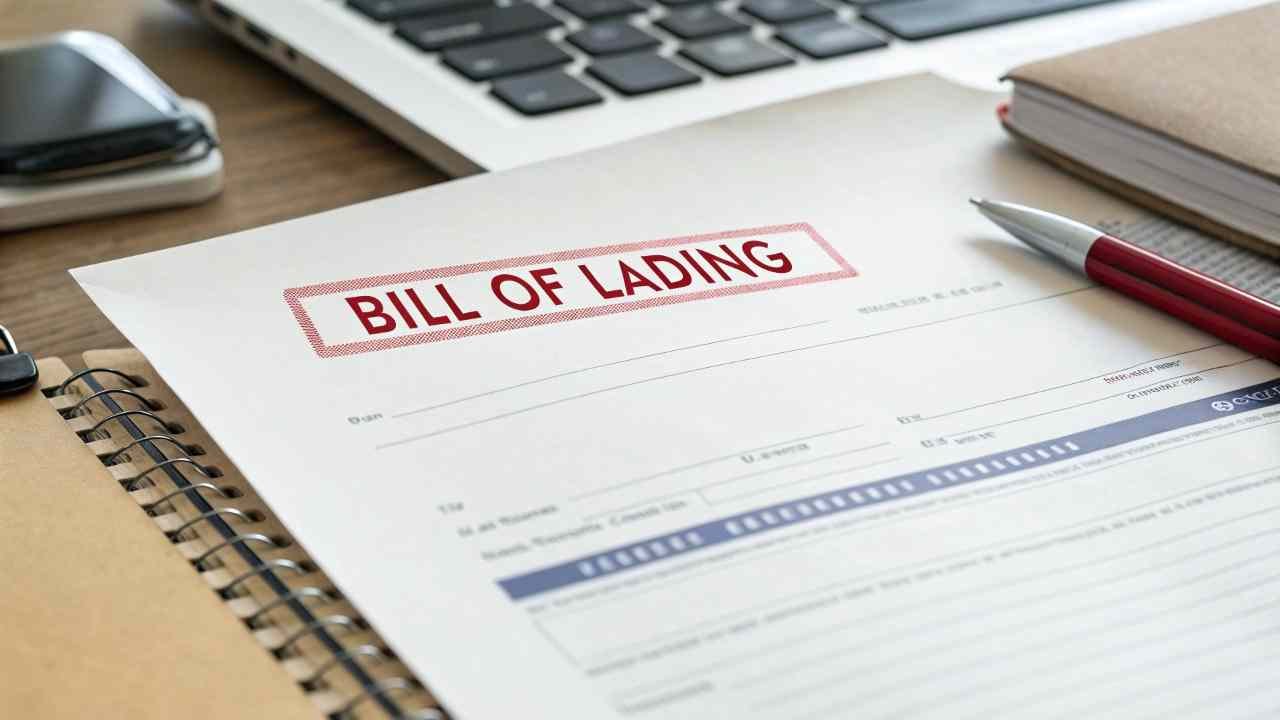Worried your tomato paste shipment will get stuck at the border? Unsure about the complex web of rules, documents, and taxes? Let's clarify the essential compliance rules you must know.
Buyers must understand customs documentation, mandatory food safety certifications, country-specific labeling, potential trade restrictions, and import duties. Compliance is essential to avoid costly delays, fines, or rejection of your shipment.
At FINETECH, my job is to make this complex process simple for clients. For them, a customs delay is a critical pain point. A sourcing strategy that ignores compliance is built to fail. Let's break down the rules you need to know to ensure your imports arrive smoothly.
How do customs regulations affect Tomato Paste import?
Afraid of a simple paperwork mistake causing a month-long delay? Let's break down the essential documents you need.
Customs regulations require a precise set of documents, including a Bill of Lading, Commercial Invoice, and Certificate of Origin. Any error or discrepancy in this paperwork can lead to severe delays, fines, and inspections.

The biggest cause of delivery delays is incorrect documentation. Customs authorities are extremely strict. The key documents—Bill of Lading (B/L)1, Commercial Invoice2, Packing List, and Certificate of Origin—must be 100% accurate and all details must match perfectly. A small mistake, like a mismatched weight between the B/L and Packing List, can trigger a full customs inspection, causing weeks of delays and thousands in port storage fees.
Key Import Documents:
| Document | Purpose | Common Pitfall to Avoid |
|---|---|---|
| Bill of Lading (B/L) | Proof of ownership and contract with the shipping line. | Mismatching consignee name or address with other documents. |
| Commercial Invoice | The official bill; used for calculating import duties. | The declared value does not match the actual payment. |
| Certificate of Origin | Certifies the country of production; used for tariff benefits. | Incorrect format or not properly stamped by the chamber of commerce. |
Are food safety certifications required for Tomato Paste?
Does your country require specific food safety certificates? Let's cover the mandatory certifications.
Yes, food safety certifications are required. Most countries mandate a government-issued Health Certificate from the origin country. Additionally, supplier certifications like HACCP and ISO 9001 are standard industry requirements to prove product safety.

You must prove your imported food is safe. The most important document is the Health Certificate, issued by the government of the exporting country, which declares the product is fit for human consumption. Without it, your shipment will be rejected. Additionally, a reliable supplier must have their own certifications like HACCP (for food safety systems) and, for many markets like the Middle East, a Halal certificate. These are non-negotiable proofs of quality and safety.
Certification Types and Their Purpose:
| Certification Type | Who Issues It? | What It Proves | Consequence of Not Having It |
|---|---|---|---|
| Health Certificate | Exporting Country's Gov't | That the specific shipment is safe for consumption. | Import Rejection at the port. |
| HACCP / BRC | Third-Party Auditor | That the factory has a robust food safety system. | High risk of receiving an unsafe or poor-quality product. |
| Halal | Halal Certification Body | That the product complies with Islamic law. | Import Rejection in most Muslim countries. |
How do labeling requirements impact Tomato Paste shipments?
Are you sure the labels on your drums or cans meet your country's laws? A simple labeling mistake can be a costly failure.
Labeling requirements have a major impact. Every country has specific rules for what must be printed on the packaging, including product name, weight, and origin. Incorrect labeling can cause a shipment to be rejected.

Your product label must comply with your country's laws. This includes basics like the Product Name3, Net Weight, Country of Origin, and Production/Expiration Dates. Crucially, many countries require some or all of this information to be in the local language4 (e.g., Arabic for Saudi Arabia). A professional supplier must be able to customize the shipping marks or labels to your exact legal requirements to avoid rejection at the border.
Labeling Compliance Checklist:
| Information Element | Why It's Critical | Common Mistake |
|---|---|---|
| Country of Origin | A legal requirement in almost every country. | Missing this information entirely. |
| Dates (Prod. & Exp.) | Essential for food safety and stock rotation. | Using a date format that is confusing (e.g., MM/DD/YY vs DD/MM/YY). |
| Language | Many countries require their local language on the label. | Only providing the label in English. |
Can trade restrictions influence Tomato Paste sourcing?
Worried about a sudden ban or embargo on your supplier's country? Let's discuss trade restrictions.
Yes, trade restrictions like sanctions, embargoes, or high retaliatory tariffs can completely block your ability to source tomato paste from a specific country. They are a major geopolitical risk that can force an immediate change in your supply chain.

Geopolitics can change trade rules overnight. An embargo5 can make it illegal to import from a certain country, while a punitive tariff can make it economically impossible. These events can cut off your supply chain instantly, forcing you into a crisis. The single best way to protect your business from this high-level risk is sourcing diversification. By having qualified suppliers in at least two different countries, you ensure that a political problem in one region does not become a catastrophe for your business.
How do import duties change Tomato Paste cost calculations?
Are hidden taxes and duties ruining your cost estimates? Let's break down import duties.
Import duties are a tax charged by your government on imported goods. They are a major part of the final cost and must be added to the supplier's price and freight to calculate your true "landed cost."

The price your supplier quotes is not your final cost. You must calculate your landed cost. This is the supplier's price plus freight and insurance (CIF value), plus the import duty. The duty is a percentage of the CIF value set by your government. For example, if your CIF value is $1,100/ton and the duty is 10%, you will pay an extra $110/ton in tax. A Free Trade Agreement (FTA) can reduce this duty to 0%, saving you a huge amount of money, which is why a proper Certificate of Origin is so important.
Landed Cost Calculation Example:
| Cost Component | Without FTA | With FTA (0% Duty) |
|---|---|---|
| CIF Value per Ton | $1,100 | $1,100 |
| Import Duty Rate | 10% | 0% |
| Duty Payable per Ton | $110 | $0 |
| Final Landed Cost per Ton | $1,210 | $1,100 |
Conclusion
Compliance is not optional; it is essential for a smooth supply chain. Understanding the rules for documentation, certifications, and duties protects your business from delays, fines, and other costly risks.
-
Understanding the Bill of Lading is crucial for avoiding delivery delays and ensuring smooth customs clearance. ↩
-
Exploring the role of a Commercial Invoice can help you prevent costly shipping errors and delays. ↩
-
Understanding product name regulations is crucial for compliance and market acceptance. ↩
-
Using the local language ensures your product meets legal standards and resonates with consumers. ↩
-
Understanding embargoes is crucial for businesses to navigate trade restrictions and protect their interests. ↩


